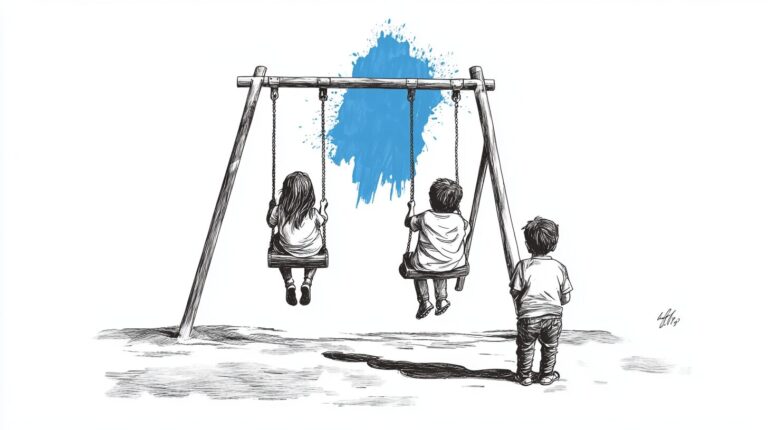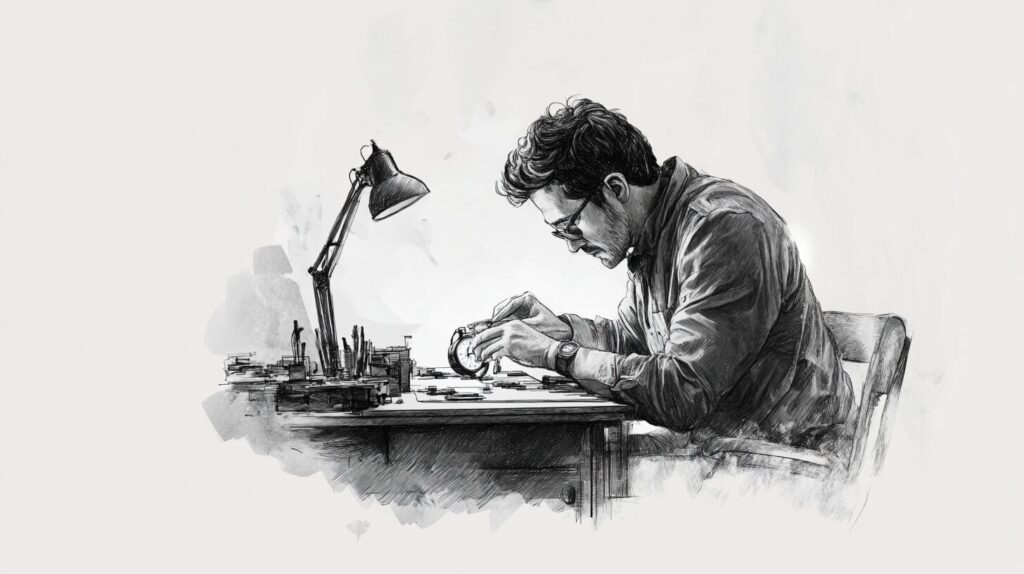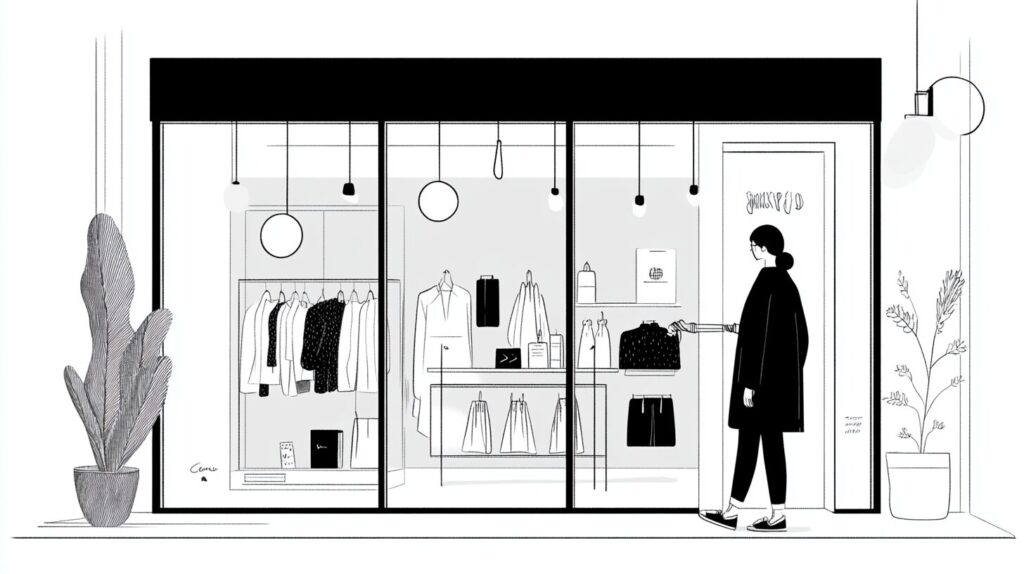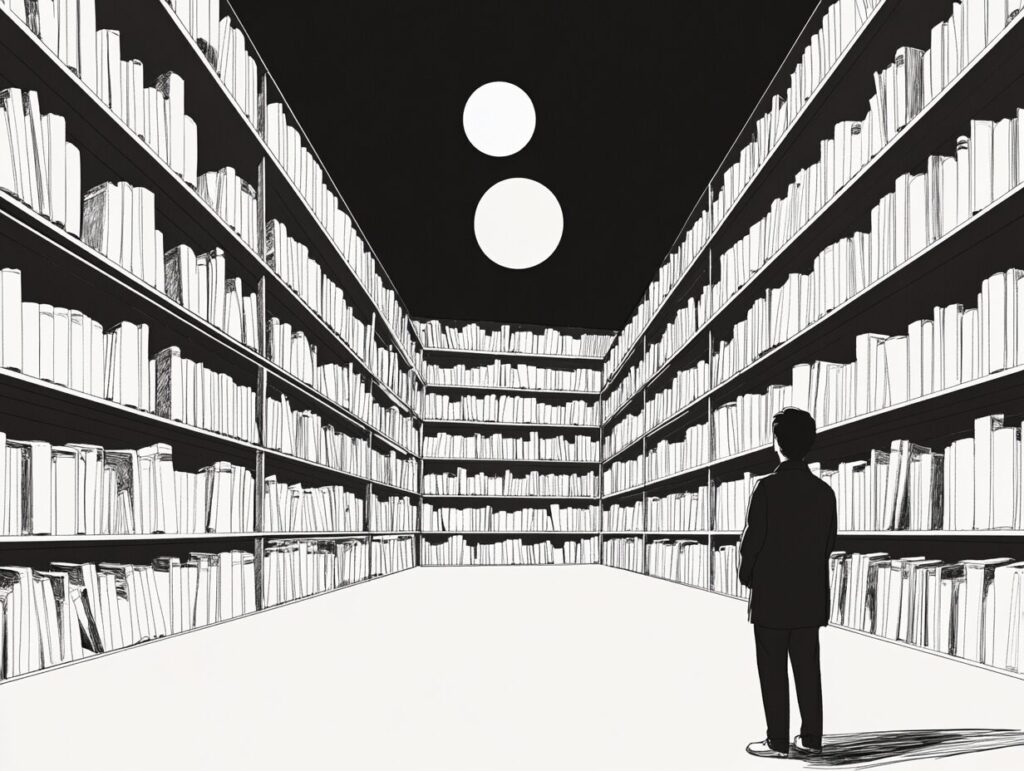From playground squabbles to boardroom negotiations, the idea of fairness is one we wrestle with constantly. Kids argue over whose turn it is, athletes challenge rules that feel stacked against them, and businesses thrive or collapse based on regulations that may—or may not—be fair.
But here’s the thing: fairness is not a fixed concept. It’s fluid, shaped by expectations, culture, and context. And the real challenge isn’t just defining fairness—it’s agreeing on which definition we should use.
Four Types of Fairness
Most debates about fairness boil down to four competing ideas:
1. Equality – Everyone is treated the same.
One per customer. First come, first served. One size fits all. It’s the fairness of playgrounds and checkout lines.
This version assumes that giving everyone the same starting conditions will lead to fair outcomes. But that’s not always the case.
- If every kid in Little League gets the same size uniform, that’s equal—but it’s hardly fair to the smallest or largest players.
- Treating everyone identically is useful in some contexts, but it ignores differences in natural ability (or disability), privilege, or access—creating its own, unique form of unfairness.
2. Equity – people get what they need based on context, not simply “the same.”
If two people show up at the hospital, but one has a life-threatening injury and the other a mild sprain, who should be treated first?
Equity suggests fairness is about distributing resources based on need. But where do you draw the line? And who has the right to draw the line in the first place?
- Should a vegan dining with friends be allowed to bring food into a restaurant without vegan options?
- Should a malnourished child or a pregnant woman receive more food than a middle-aged man during disaster relief efforts?
- Should two couples split the bill evenly at a restaurant, if one couple eats and drinks and bit more than the other?
If fairness means adjusting for disadvantages, then the definition of “disadvantage” becomes a battleground.
3. Deservedness – People should get what they earn.
We’ve built our culture around the mythology of deserving.
- The fastest runner wins.
- The hardest worker gets promoted.
- The smartest student receives the scholarship.
This is the fairness of meritocracy. But what if two people worked equally hard, but one had access to better tools, education, or connections?
- Was the playing field ever really level?
- What does it mean to deserve something when you’re born on an Indigenous People’s Reservation versus the Upper East Side of Manhattan?
- If a giant company defeats a smaller company because they have access to more resources, is that fair? Are they getting what they deserve?
At what age does it become a race where we say:
“Okay, starting now, it’s all about what you deserve.”
If success is largely determined before the competition even starts, then are people getting what they deserve—or what their circumstances allowed them to achieve?
4. Expectations – Fairness depends on what we expect.
If you sit down for a poker game and realize one player starts with twice as many chips as everyone else, you’d call foul. But in some games, like Risk or the MLB Draft, that kind of imbalance is expected—it’s built into the game.
Fairness is often tied to what people have come to expect as normal.
- For a long time, the social expectation was that people who didn’t come from traditionally privileged backgrounds wouldn’t be treated as well as those who did.
- This is why sudden rule changes feel unfair, even if they’re meant to correct past injustices.
- A system might be structurally unfair, but if people expect it to work a certain way, any attempt to rebalance it can feel like an unfair disruption.
Fairness and Shifting Culture
Fairness is a moving target because culture changes. Expectations shift. What seemed fair yesterday might feel outdated or unjust today.
-
- Women weren’t always allowed to vote. At the time, that was considered fair by those in power. Women were expected to tend to domestic responsibilities while men handled politics. It was the cultural norm. Today, I hope we’d agree barring women from voting would be unthinkable. This shift wasn’t just a change in law—it was a change in what society expected fairness to look like.
-
- Sports have redefined fairness constantly. In the early days of many professional sports, doping was seen as a personal decision rather than cheating. Athletes who used performance-enhancing substances were just “doing what it took to win.” But as awareness grew about the health risks and unfair advantages, rules changed. Today, doping is considered an unfair shortcut. What’s “fair” in sports has never been static—it shifts as our expectations do.
-
- The workplace is evolving. In the 1980s, a 9-to-5, five-day workweek was common. When you left the office, work largely stayed there. But as technology advanced, expectations changed. By the early 2000s, being reachable 24/7 became standard—if your boss emailed you at 10 PM, you responded. That was fair because that was expected. Now, with increasing acceptance of remote work, and awareness of burnout and mental health, expectations are beginning to shift again, and what once seemed normal in the context of work-life balance is being questioned.
-
- Wealth and opportunity have never been evenly distributed. In the past, economic mobility was often framed as a simple equation: work hard, and you’ll succeed. That sounded fair. But over time, people started to recognize that access to education, networks, and resources created vastly different starting lines. The expectation that anyone can “pull themselves up by their bootstraps” has been challenged as we acknowledge that fairness isn’t just about effort—it’s about access.
-
- Social media has reshaped fairness in reach and influence. There was a time when the primary way to become a world-wide celebrity was through traditional media—TV, movies, radio. Now, anyone with a smartphone can build an audience. That seems fairer in regards to access. But algorithms have replaced the old gatekeepers, stripping away editorial responsibility and accuracy, and rewarding those who can game the system—pushing a steady stream of rage, misinformation, and conspiracy into our feeds. What’s considered a “fair shot” at visibility and influence has become more complex than ever.
Each of these shifts wasn’t just about rewriting rules; they were about rewriting expectations. And when expectations change, fairness follows.
So what?
We live in a time where fairness is under constant debate. Algorithms shape who sees what. Economic gaps widen. Rules change overnight. The people who feel “wronged” by new expectations push back, often loudly. Sometimes violently.
But here’s the thing: challenging our definitions, and expectations of fairness is how progress happens. When expectations become outdated, they must be reexamined. And if we never question what’s fair, we risk mistaking the status quo for justice.
So, the next time someone says, “That’s not fair,” ask: “Compared to what?” Because fairness isn’t about finding one perfect answer—there isn’t one perfect answer. It’s about creating the space, and being willing, to keep asking better questions.
If you enjoyed this post, please consider sharing it with someone else who might too–the buttons below can help.
Thank you!




